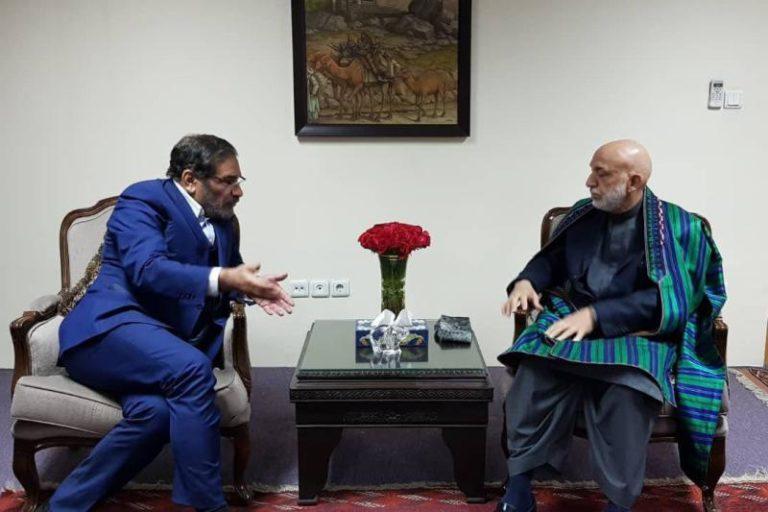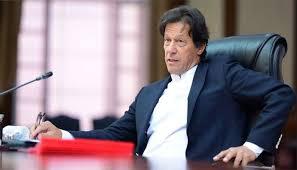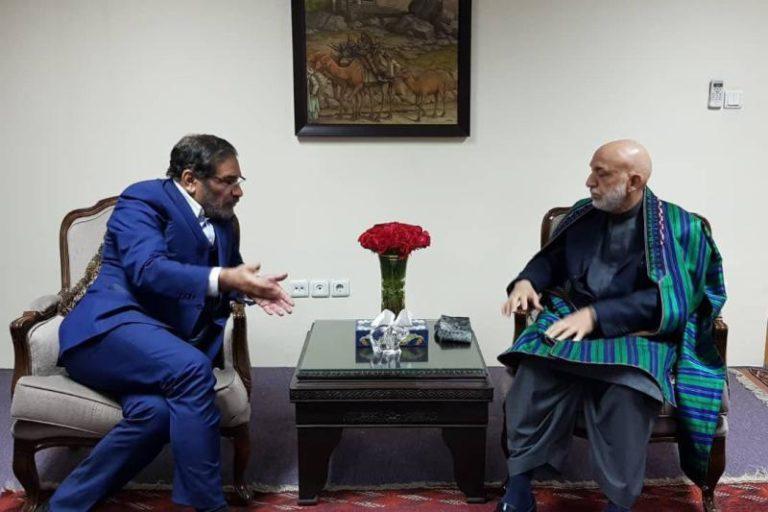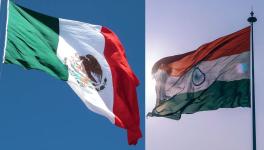Pakistan’s Afghan Jig Irks Regional States

Russian FM Sergey Lavrov receiving Pakistani FM Shah Mahmood Qureshi, Moscow, Dec 26 2018. | Image Courtesy: dawn.com
With what mixed feelings Pakistani Foreign Minister Shah Mahmood Qureshi wound up on Wednesday his hurried 3-day regional tour of Kabul, Tehran, Beijing and Moscow, we will never know. What sticks out is that Islamabad’s newfound role as “facilitator” of the reconciliation talks with the Taliban talks recently in Abu Dhabi in a restricted extra-regional format has not gone down well in the regional capitals.
Islamabad miscalculated while resuscitating the format of the “Gang of Four” – the US, Saudi Arabia, the UAE and Pakistan – who incubated and launched the Taliban on the Afghan political landscape with a geopolitical agenda in mind in the early 1990s.
Perhaps, having sought and received billions of dollars from the Saudis and Emiratis as budgetary support for the Pakistani economy, the leadership in Islamabad finds itself at the beck and call of the sheikhs (who of course sub-serve American interests.)
At any rate, Islamabad has tried to swim against the tide of regional and international politics and that may only isolate Pakistan. The remarks by Russian Foreign Minister Sergey Lavrov when he received Qureshi and his delegation in Moscow on Wednesday were conspicuous for their curtness.
Lavrov told Qureshi with total candor: “Some formats are too narrow and do not represent the entire range of interests of all the countries and Afghan parties that need to be considered at this stage.” It should not come as surprise if the Russians feel annoyed that Islamabad led them up the garden path by voicing great enthusiasm until recently for their so-called Moscow format on Afghanistan, but only to give them short shrift lately by beginning to consort with Washington and the Arab sheikhs.
It must have come as a red rag for Qureshi that Lavrov made a specific reference to India’s legitimate interests and role in any Afghan peace process. Lavrov said any Afghan peace process must “take into account the interests of all neighboring countries.” He pointedly reminded Qureshi that the accession of India and Pakistan to the Shanghai Cooperation Organization ought to have given “a new breath to the SCO-Afghanistan Contact Group.” Lavrov underscored, “This is a very promising format.”

Indeed, the Pakistani somersault is incomprehensible, since it coincides with the sharp deterioration in the US’ relations with Russia, China and Iran in the recent period. Simply put, Pakistan bypassed these important regional states who are not only stakeholders in any Afghan settlement, but also view the American intentions in the region with great suspicion.
Tehran, in particular, would have watched with dismay that the US brilliantly succeeded in getting the Saudis and Emiratis to first bail out the Pakistani economy and then use it to get Islamabad to frog march the Taliban from Doha to Abu Dhabi to meet the US special representative Zalmay Khalilzad. In effect, Pakistan joined hands with two of Tehran’s principal adversaries in the region who do not even share border with Afghanistan (as Iran does.)
On Wednesday, immediately after Qureshi’s consultations in Tehran, the Secretary of Iran’s Supreme National Security Council Ali Shamkhani travelled to Kabul. While in Kabul, he voiced sharply critical opinions regarding the US’ hidden agenda in Afghanistan (here and here.) He alleged that the US and “reactionary states in the region” (read Saudi Arabia and the UAE) are covertly transferring the defeated ISIS fighters in Syria and Iraq to Afghanistan to spread “Takfiri terrorism in the country to ignite the flames of war, bloodshed and insecurity in the region.”
Shamkhani was harshly critical of the US presence in Afghanistan. He called for “practical measures to counter the sinister plot.” By implication, Shamkhani, who is a powerful figure in Iran’s leadership, has voiced Tehran’s vehement disapproval of the “Gang of Four.”
Curiously, even the Chinese account of Qureshi’s talks with the State Councilor and Foreign Minister Wang Yi in Beijing on Tuesday strictly confined itself to the “broad consensus” that the Afghan problem can be resolved only through peaceful means. It avoided any expression of Chinese support for the process undertaken in Abu Dhabi. The Foreign Ministry spokesperson told the media in Beijing on Tuesday,
“This morning, State Councilor and Foreign Minister Wang Yi held talks with Pakistani Foreign Minister Shah Mehmood Qureshi who made a special trip here. The two sides had in-depth discussions on the latest developments surrounding the situation in Afghanistan and reached broad consensus. The two sides agreed that military actions will not help solve the Afghanistan issue and political reconciliation represents the only practical and viable way out of it. The two sides welcomed the miscellaneous efforts made by all parties and expressed commitments to staying in close communication and strategic coordination. The two sides also agreed to deepen China-Pakistan all-weather strategic cooperative partnership and continuously elevate all-around cooperation.”
Beijing must be aware that the US explicitly rejected any role for China in the peace talks in Abu Dhabi. The big question is why Pakistan pawned its strategic assets so easily in Abu Dhabi. From all accounts, Saudi Arabia and the UAE pressured Pakistan to get Taliban to abide by a 3-month ceasefire and to begin talks with the Afghan government. According to Khalilzad, Pakistan found itself supporting the demand by Saudi Arabia and the UAE (which of course was the American game plan, too.)
Interestingly, the Taliban is yet to issue a formal statement on the outcome of the talks in Abu Dhabi. Against this complex backdrop, Moscow, Beijing and Tehran are deeply skeptical about the media leaks in Washington that President Trump has ordered a sharp drawdown of American forces in Afghanistan by 7000 troops. (Trump and the Taliban too are uncharacteristically silent on the topic.)

Ali Shamkhani, Secretary of Iranâs Supreme National Security Council, met Hamid Karzai, former Afghan President in Kabul on December 26, 2018)
At any rate, in a hugely significant remark during his talks in Kabul on Wednesday, Shamkhani referred to “the ongoing talks between Iran and the Taliban aimed at resolving the current security issues in Afghanistan, and said the Afghan government is informed of the process of talks which Tehran intends to continue.” This is the nearest Tehran has come to hinting that if push comes to shove, it will not hesitate to leverage its influence with the Taliban.
Shamkhani has virtually thrown the gauntlet down at the “Gang of Four.” Meanwhile, he also voiced support for the Afghan government’s proposal to hold another regional meeting in Kabul, expressing hope that the participation of influential countries in the meeting would lead to “more unity and cooperation” in the fight against terrorism and extremism.
The regional tour should give Qureshi much food for thought. Pakistan lives in the region. And it must make up its mind whether to consort with the US and the Arab Sheikhs who once nurtured and mentored the Taliban as a geopolitical tool, or to work with the regional states surrounding Afghanistan by making use of the Moscow format in tandem with the SCO’s Afghanistan Contact Group.
The chances of the regional states accepting an imposed Afghan settlement worked out between the US, Saudi Arabia, the UAE and Pakistan that provides for the continuation of the US military presence in the region in some form are virtually zero. In particular, Russia and Iran are deepening their cooperation in fighting terrorism.
Get the latest reports & analysis with people's perspective on Protests, movements & deep analytical videos, discussions of the current affairs in your Telegram app. Subscribe to NewsClick's Telegram channel & get Real-Time updates on stories, as they get published on our website.
























